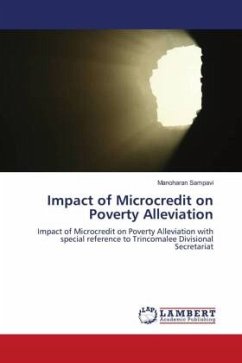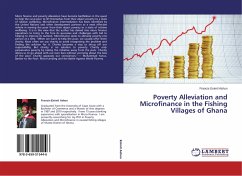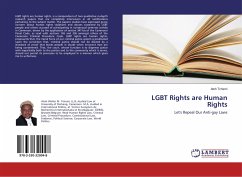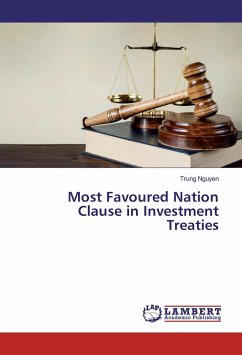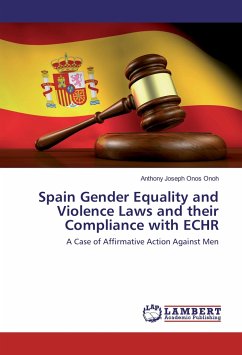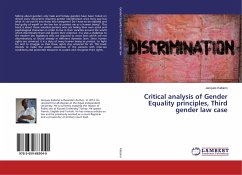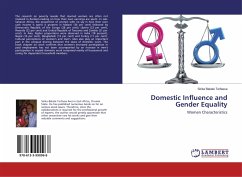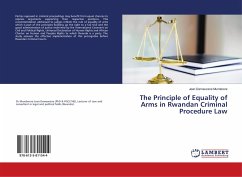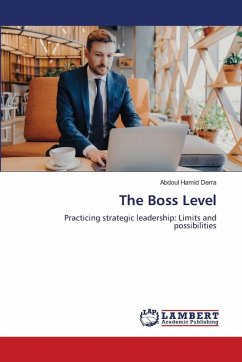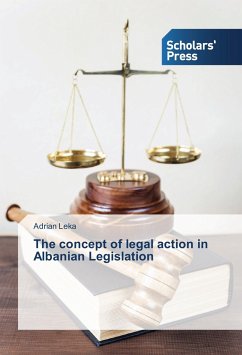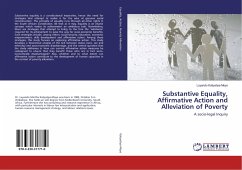
Substantive Equality, Affirmative Action and Alleviation of Poverty
A socio-legal Inquiry
Versandkostenfrei!
Versandfertig in 6-10 Tagen
49,99 €
inkl. MwSt.

PAYBACK Punkte
25 °P sammeln!
Substantive equality is a constitutional imperative, hence the need for strategies that attempt to realise it for the sake of genuine social reconstruction. The principle of equality runs through all other rights in the South African Constitution. Be that as it may, equality is an elusive concept which makes its achievement an ambitious task. Nonetheless, there are strategies that attempt to bring to the fore the 'substance' required for its achievement to pave the way for socio-economic benefits. Such strategies include, among others: social security, education, economic empowerment, skills d...
Substantive equality is a constitutional imperative, hence the need for strategies that attempt to realise it for the sake of genuine social reconstruction. The principle of equality runs through all other rights in the South African Constitution. Be that as it may, equality is an elusive concept which makes its achievement an ambitious task. Nonetheless, there are strategies that attempt to bring to the fore the 'substance' required for its achievement to pave the way for socio-economic benefits. Such strategies include, among others: social security, education, economic empowerment, skills development and affirmative action. Among these strategies, this study focuses on exploring affirmative action. This study develops a theoretical analysis of the link between status (race, sex and ethnicity) and socio-economic disadvantage, and the central question that the study addresses is: How can current affirmative action measures be redesigned to ensure that they benefit those who are in fact socio-economically disadvantaged? Also, whether and to what extent can affirmative action contribute to the development of human capacities in the context of poverty alleviation.



